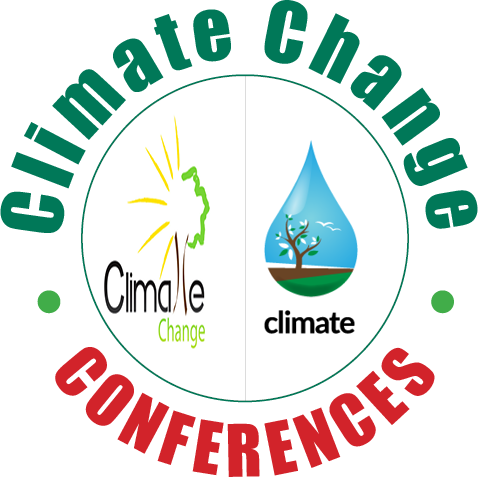
Biography
Biography: Jaime Senabre
Abstract
Wildland fires are an environmental problem in which many factors influence, but they also represent a natural process in many ecosystems and an evolutionary opportunity. Each ecosystem has a characteristic fire regime (frequency level, size, intensity and seasonality determined) that is considered as natural and necessary for the maintenance of the sustainability and biodiversity of the species. From Environmental Psychology we consider it as a latent risk that can compromise the socio-economic development of future generations, mainly in rural areas.
At the ecological level, the problem of forest fires arises when the balance between what is considered as "natural" and sustainable is broken. In Europe, there have been 2.5 million fires that have devastated 20 million hectares in the last 25 years (Legido et al., 2016), 70% of them in southern European countries and 51% in The Iberian Peninsula.
The current forest fire regime is likely to change due to its relation to the climate. The rainfall regime is also changing, with a decrease in water availability and an increase in drought periods, especially in Mediterranean countries. This change will not compensate for the increase in temperature and will increase the flammability of forest areas. But we should not make generalizations about the consequences of climate change, since this alone does not generate or generate a greater number of forest fires on the planet; Although this trend of change may facilitate conditions and favor more virulent and large fire scenarios, so it should be considered as a physical facilitator more in the universe of the problem.
From a causal and social view of the problem, omitting the role of "the human" (anthropogenic variables) in the probability of occurrence of forest fires would pose the problem in a partial way and would be exaggerating the protagonism granted to other types of factors more difficult control. The human being should be the centerpiece of analysis and evaluation, since it is the main detonator of the forest fires. The real "change" we should not look for in the climate or in other external aspects, but in the possibility of a change of thought and attitude of the human being with respect to the latent risk of forest fires.

